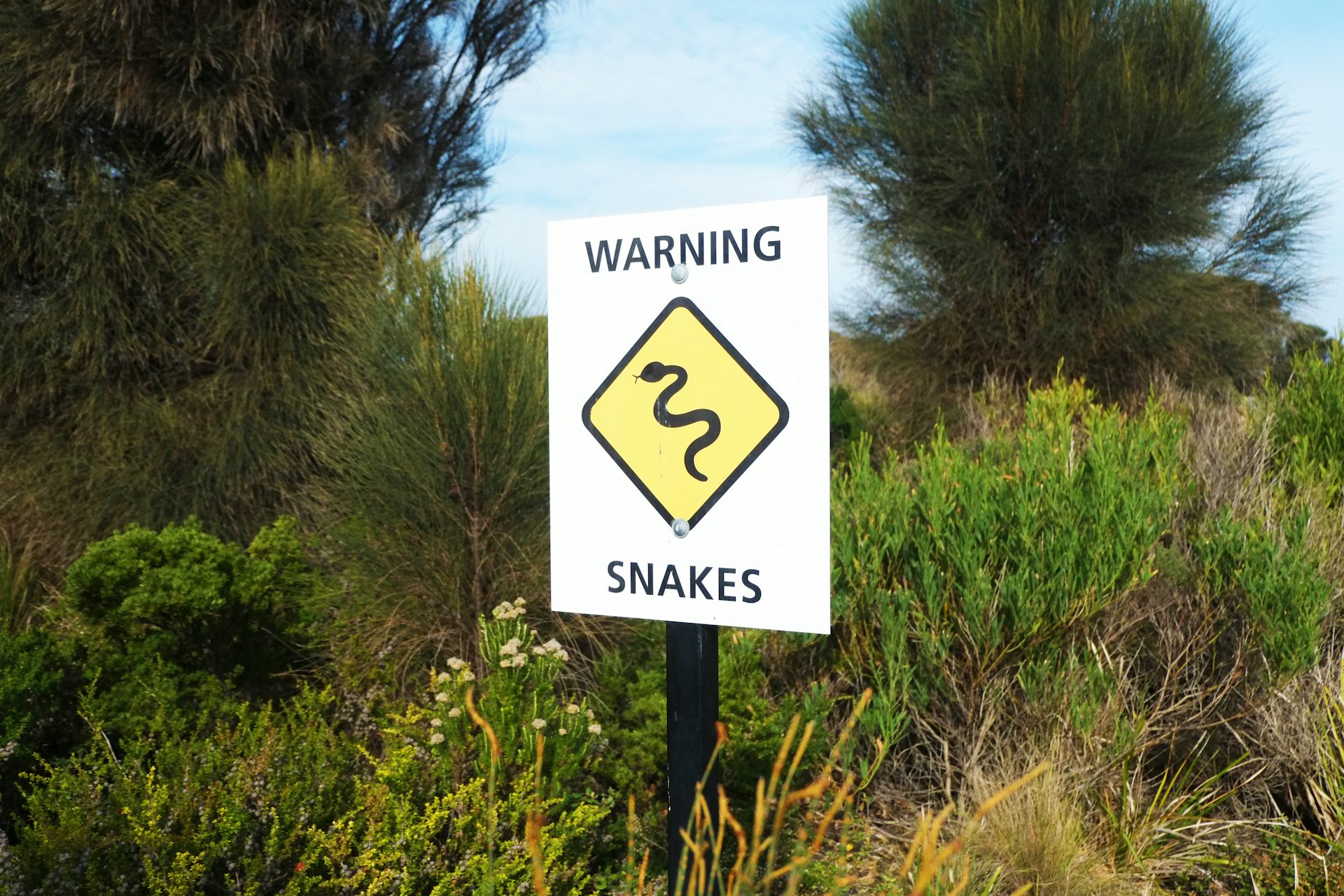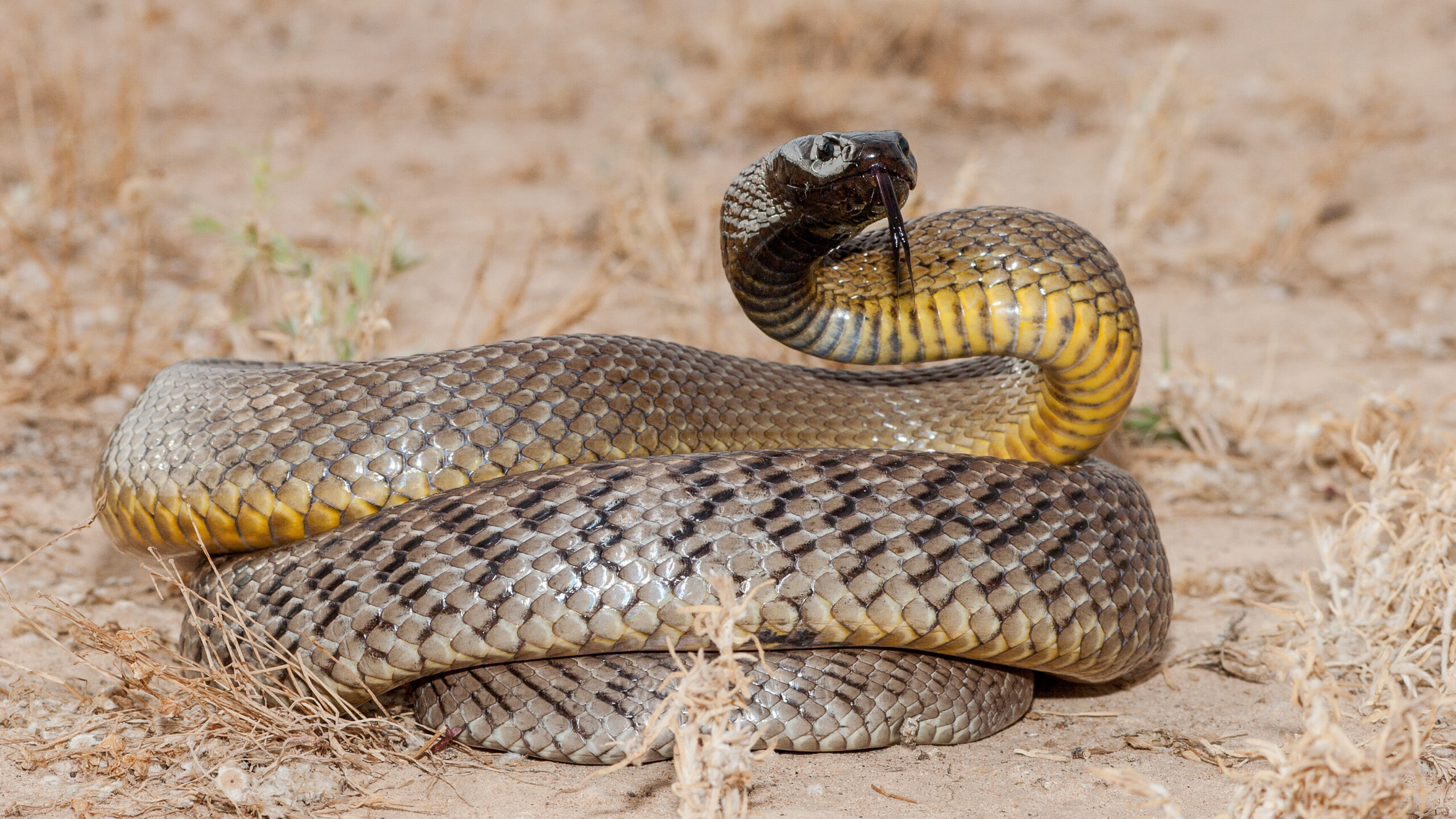Introduction
When it comes to the remarkable world of serpents, few species catch the creativity rather like the child tiger snake. Recognized for their unique coloration and potent poison, these serpents are an important part of Australia's unique environment. In this extensive post, we will certainly look into different facets of baby tiger snakes, including their habits, environment, and just how to securely interact with them. Whether you're a wild animals lover or just interested concerning these animals, recognizing infant tiger snakes can help cultivate a deeper appreciation for nature.
Baby Tiger Snakes: What You Required to Understand About Their Habits and Habitat
What Are Infant Tiger Snakes?
Baby tiger serpents are adolescent kinds of the very venomous species understood clinically as Notechis scutatus These snakes are mostly located in seaside areas of Australia, especially in Tasmania and southerly Victoria. As they grow, their pigmentation changes from an extra low-key scheme to the particular yellow and black bands that give them their name.

One significant facet of infant tiger snakes is their size; hatchlings usually measure around 25-30 centimeters in size. In spite of their small stature, they have a shocking quantity of venom that can be harmful to humans if bitten.

Physical Characteristics
Tiger serpents possess a number of vital physical qualities:
- Coloration: The distinctive banding pattern commonly ends up being extra noticable as they mature. Size: Grownups can get to lengths of up to 2 meters. Body Shape: They have a robust body that helps in swimming and terrestrial movement.
Where Do Baby Tiger Snakes Live? Understanding Their Habitat
Understanding the habitat preferences of child tiger serpents is vital for both conservation initiatives and public safety. These snakes grow in numerous atmospheres:
- Wetlands: Marshes and swamps offer enough searching grounds. Coastal Regions: Commonly found near coastlines where they can search for prey. Woodlands: Thick plants uses cover from predators.
Geographical Distribution
Tiger serpents are mainly located along Australia's southerly shoreline, consisting of:

- Tasmania: Home to one of one of the most infamous populations. Victoria: Particularly in areas near water bodies.
Are Tiger Snakes Venomous? A Deep Dive into Their Venom
One common question develops when reviewing child tiger snakes: "Are tiger snakes venomous?" The solution is a definite yes!
Venom Composition
The venom of tiger serpents includes neurotoxins that can trigger paralysis, coagulopathy (blood clot concerns), and potentially fatality if White crowned snake unattended. Right here's what you need to understand:
- Effects on Humans: An attack from a tiger serpent can result in signs like swelling, discomfort at the bite website, nausea or vomiting, and also breathing failure.
Comparison with Various other Poisonous Snakes
first aid for snake biteIn comparison to other Australian snakes such as the eastern brownish snake or king brownish serpent, tiger snake poison is considered among one of the most powerful. Nevertheless, fatalities are rare because of better medical therapies and access to antivenom.
Behavioral Patterns of Infant Tiger Snakes
Understanding exactly how child tiger snakes behave is crucial for those that live in or visit locations where these reptiles are prevalent.
Nocturnal Habits
Most child tiger serpents show nighttime behavior. They tend to forage for food throughout cooler evening temperature levels. This flexibility aids them stay clear of predators while improving their searching efficiency.
Hunting Techniques
Their hunting methods include:
- Ambush Predation: Waiting motionless until target comes close. Active Foraging: Proactively relocating via plants or along waterways trying to find food.
First Help for Snake Bites: What You Must Know
Despite being remarkable creatures, encounters with child tiger serpents can lead to dangerous scenarios if bites occur. Understanding first aid procedures can save lives.
Immediate Tips After a Bite
Remain tranquility; panic boosts heart rate. Immobilize the impacted limb making use of a splint or bandage. Seek instant clinical interest-- antivenom might be necessary.Creating a Serpent Bite First Aid Kit
A well-prepared emergency treatment kit ought to consist of:
|Product|Objective|| ------------------------------|--------------------------------------|| Compression bandage|To incapacitate the arm or leg|| Splint|Stabilizes broken bones or joints|| Antihistamines|Eases allergies|| Emergency situation get in touch with numbers|Quick gain access to throughout emergencies|
Common Myths About Tiger Snakes Debunked
Many myths surround these interesting reptiles; let's make clear some misconceptions typically held by people.
Myth # 1: All Tiger Snakes Are Aggressive
While some people may exhibit defensive actions when endangered, not all tiger snakes display aggressiveness in the direction of human beings unless provoked.
Myth # 2: Infant Tiger Snakes Are Much Less Unsafe Than Adults
This misconception could not be better from the fact! Baby tiger serpents consist of virtually as much venom as adults relative to their dimension; hence they posture considerable dangers if bitten.
FAQs About Infant Tiger Snakes
What do infant tiger snakes eat?- They mainly eat little creatures, birds, frogs, and fish.
- Look for slim bodies with pale banding patterns that become a lot more obvious as they mature.
- Yes! Birds of target and larger reptiles may target them.
- Typically every couple of weeks as they grow rapidly during their very early life stages.
- While some individuals do maintain them illegally without authorizations as a result of their hazardous nature; it's usually not recommended given their poisonous status.
- With timely clinical treatment-- including antivenom-- the survival price is high!
Conclusion
In summary, comprehending infant tiger serpents-- what they consume, where they live, just how they behave-- can equip us with valuable expertise about these amazing yet hazardous creatures. The value of education and learning bordering first aid steps can not be overstated; knowing just how to react effectively after a bite can save lives while promoting regard for our slinking neighbors within Australia's rich biodiversity spectrum.
By appreciating these serpents' roles within communities-- and identifying possible risks-- we advertise conjunction as opposed to fear-based responses towards each other's existence in nature's grand tapestry! Whether you're an avid hiker contemplating your next adventure or just interested regarding regional wild animals encounters near home-- this guide serves as your relied on reference point on the enigmatic world populated by our good friends-- the wonderful https://skillstrainingcollege.com.au/the-common-death-adder-snake/ baby tiger snake!